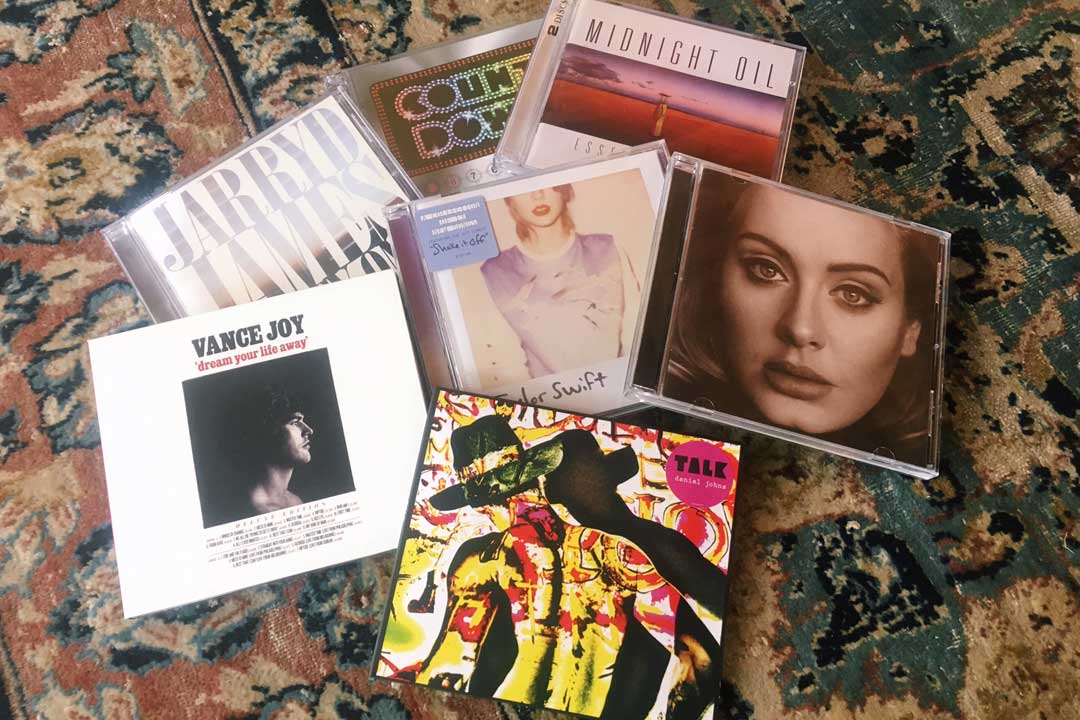
Spend a day asking people how they are and you’ll probably be able to count the responses on your one hand: good, busy, well, ok and fine.
Personally, I’m a third generation I’m fine’ girl. Once when I mentioned to a friend that my grandmother and mother always responded with I’m fine, he retorted, So do you!
One of the take-home messages from a personal development course I attended over a decade ago was to try and remove good’ and bad’ from my vocabulary. In a post course coital-like bliss, I spent the next few months replying to every How are you? with some splendid word, such as wonderful, fabulous or amazing!
After a few months, the banned words crept back into my lingo and I forgot about the whole idea.
It was only in recent years that I really came to understand the purpose behind this exercise. It wasn’t about replacing good and bad with more descriptive and exciting words; it was about replacing good and bad with truth. After all, neither words accurately describe a state of being or a feeling. If you were asked to draw a picture of good, what would you draw? Whereas it would be a lot easier to draw sad, angry or even fearful.
While eating lunch at a cafe not long ago, I started up a conversation with a stranger. When he asked me how my day had been, I paused momentarily. Shall I tell the truth or be polite and umm, err, lie?
Sick of the masks and the emptiness of pretence, I chose to tell the truth: If you want the real answer; actually, I’ve had a rotten day. I had massive fight with my brother and under these sunglasses are very red and puffy eyes.
There it was; out! Oh, it felt so liberating and real.
I waited; there was a good chance he would bolt. Yet instead of moving further away, he slid closer and we ended up sharing a lovely lunch together.
We didn’t even discuss my fight much. My honesty hadn’t been about wanting to dump on someone, it had been about accurately answering a question; and what it did was allow us to connect as humans, not robots that respond rhetorically. By me sharing my truth, he found a way in to connect with me.
Our most common response of good’ doesn’t encourage conversation or enquiry. It’s like a full stop. Is that why we do it, to avoid deep connection? Or do we say good’ because we don’t want people to know we may be feeling bad’?
Yet, most of us have up and down days. Why do we pretend we don’t?
This pattern occurs all the time, not just in our daily greetings.
I spent many years with Chronic Fatigue Syndrome and as a result I had to learn to be very direct and honest in my communications. I had no choice; I had to ask for help often and I had to let people know when my energy was low and I was unable to do things.
Interestingly, when I got better, in my desire to show everyone that I wasn’t sick anymore and could do things on my own, I replaced my old third generation I’m fine’ with I’m ok, you don’t need to worry about me.
True, my friends and family didn’t need to worry about me as much anymore, but not so true was the fact that I was always OK.
The cafe chat with my new friend reminded me of the importance of speaking our truth always. It doesn’t mean we need to offload our problems on someone, it just means being real to who we are in each moment; and this authenticity is actually attractive, not detractive.
Sure, there will be some people that may run from honesty. Maybe they’re busy, maybe they’re scared you are going to dump on them, or maybe they don’t want to address their own stuff; but usually I find when I open up, it allows the other to take a big sigh of relief and allow their realness to emerge too.
And if it doesn’t, then I return to one of my favourite Dr Seuss quotes: Be who you are and say what you feel, because those who mind don’t matter, and those who matter don’t mind.
We are so good at programming our minds that our consciousness becomes unconscious to our true state of being. Reading articles such as Sharon Sztar’s helps one to consciously explore our inner programmes thus providing opportunities on how we prefer to experience our thoughts. Thank You Sharon
Leave A Reply
You must be logged in to post a comment.



3 Comments
Sharon well written as usual.We are all guilty of one syllable answers when really that is not the way we feel at all. It would be better if we were more truthful with each other and then we could discuss how we really feel and somehow get that “burden” off our shoulders. Dr Suess got it right and we should all take notice of what he said. We would all feel better about ourslves
Wonderful blog, Sharon. I nice reminder to make our interactions more honest.